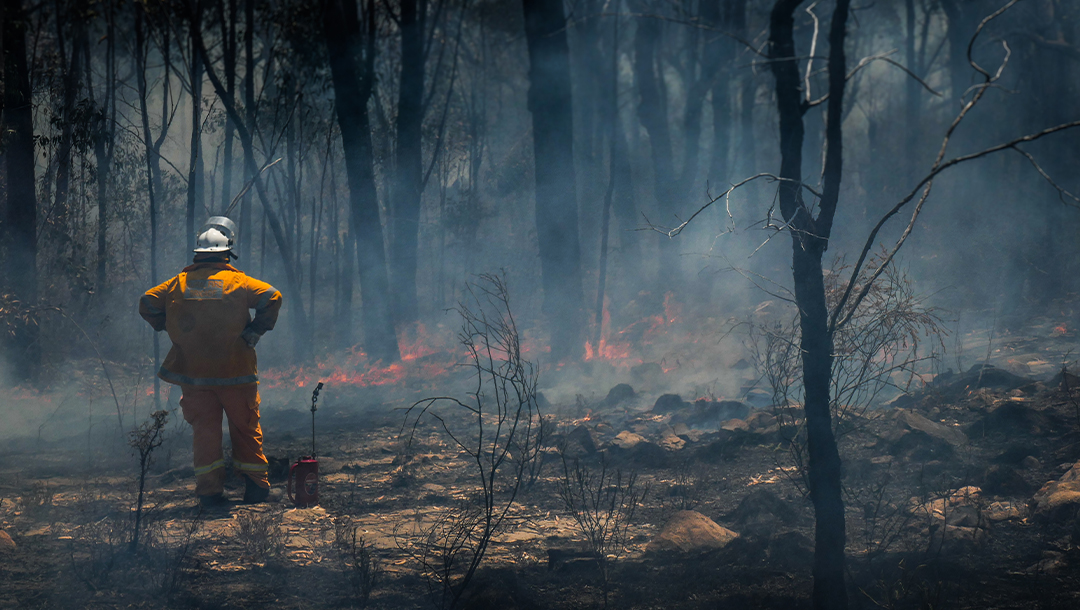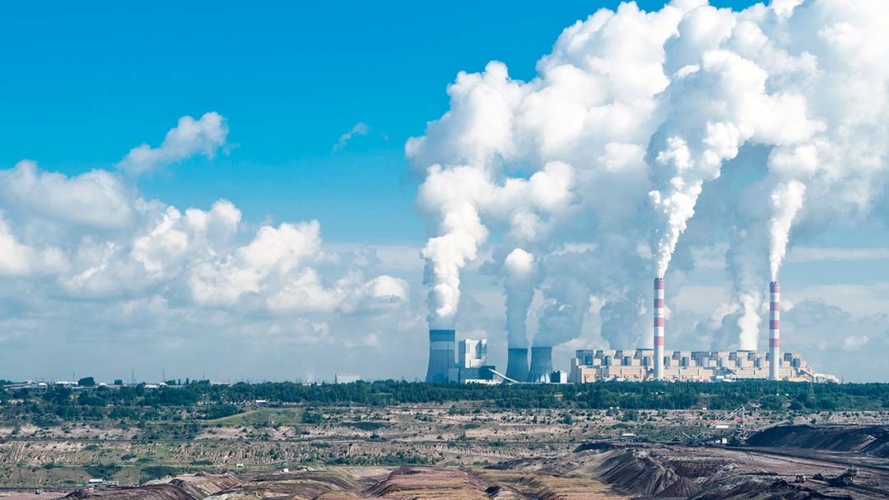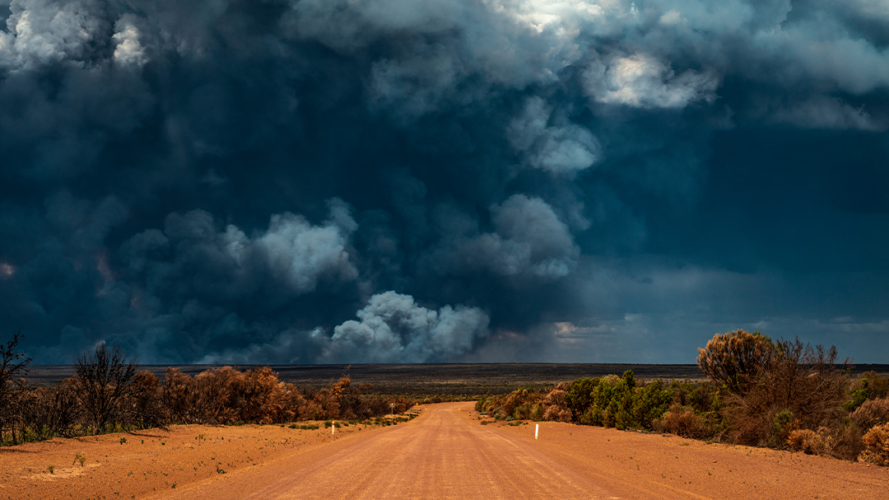
Glen Innes Severn Council proactively plans for a warmer climate future
November 1, 2021
In the rush to net-zero emissions, we can sometimes forget that the physical impacts of climate change must also be assessed. Glen Innes Severn Council in the New England region of Australia knows that a warmer and less predictable climate is coming and is determined to act.

The smallest and most rural council in NSW to declare a state of climate emergency after the catastrophic 2019-20 bushfire season, the region has firsthand experience of the impact of climate extremes. Following years of stifling drought and level 5 water restrictions, the bushfires left the region with two dead and hundreds of homes, a school and hundreds of thousands of hectares destroyed. Major flooding came next running across unstable dry ground washing out roads, bridges, and other critical infrastructure.
Council engaged Cress Consulting to undertake a climate risk assessment and adaptation plan which identified 48 risks. Eight were considered high risk, 27 medium risk and 11 of low risk. Formally adopted by Council in September, Council will now begin work on an adaption strategy, a key strategic objective of the 2021-2025 delivery program, and an emissions reduction plan.
The Cress report describes how prolonged and frequent drought, floods and more frequent and dangerous bushfires has multiple social, economic and environmental impacts from human health, reduced economic output and destroyed ecosystems. Global warming will generate “increased costs associated with health care, social services, public administration and safety, education and training, both in terms of delivery of current programs and upskilling to maintain those services,” the plan said.
The permanent effects of climate change will place a heavy burden on the New England region and the need for a Regional Response and Recovery Taskforce to act as an emergency response to future climate-driven crises, plus a regional adaption planning response to climate change is highlighted.
The NSW Department of Environment and Heritage forecasts the region’s average temperatures to rise by 2.2 degrees by 2070, meaning hotter maximums, harsher droughts, and more frequent and intense bushfires. The region is not alone, and the urgency is now critical for all councils across Australia to undertake comprehensive risks assessments and devise their own robust climate adaption plans.
If you’d like to talk about your climate risk assessment needs with specialists, please contact Cress Here


